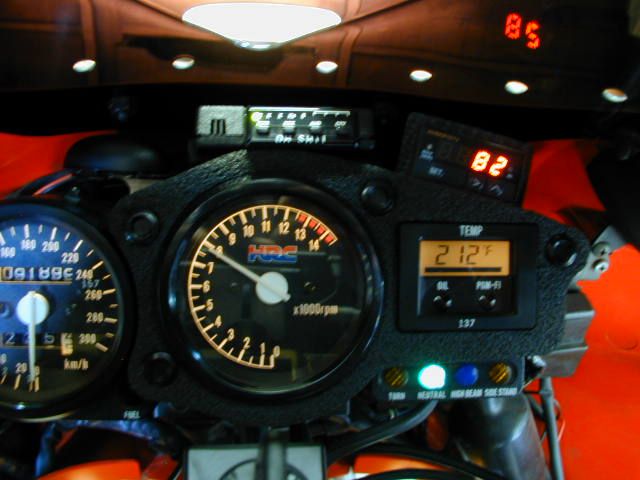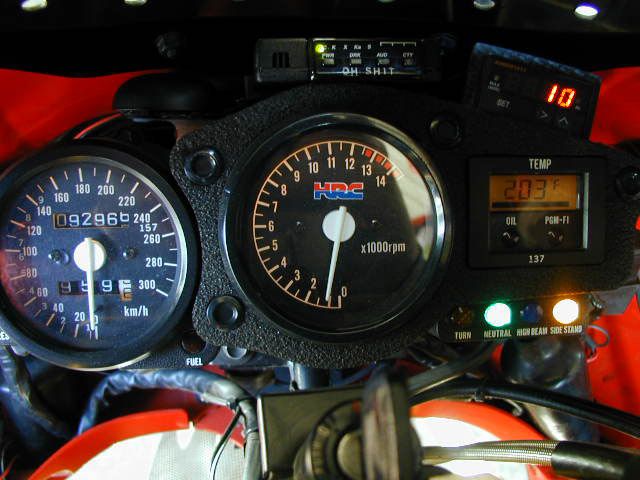Originally Posted By: SR5
Originally Posted By: digitalSniperX1
I guess my concern using car oil is a long term negative affect. I've never had an issue with a clutch slipping but that doesn't mean I won't have an issue Over repeated use with mileage.
I had a Honda CBR600, at 1000 km (600 mi) I dumped the FF oil and put in the only full synthetic oil I could get at the time (with reasonable effort) Castrol 10W-60. It was a car oil, called Formula R then, but now called Castrol Edge.
I ran nothing but Castrol Edge 10W-60 for the next 15 years. No problems with engine or clutch. Changed it every 10,000 KM or 12-18 months, depended a lot on how much I was riding. Some years I rode a lot, almost 1000 km per week, other years I hardly rode at all.
I had the bike for twenty years, I tried a few other oils in the last few years, but it spent most of it's life on car oil. All full synthetic.
I sold the bike earlier this year, it was 20 years old and in great condition, still on the original clutch with no slipping. If long term use of car oil in a bike with a wet clutch causes it to start slipping, then the problem must take more than two decades to show up. I think you will be OK.
BTW give some Castrol Edge 10W60 a go. I liked it.
If you checked you'd see there aren't high levels of friction modification in that castrol oil.
The old green German castrol was also low in friction modifiers as well,but high in anti-wear adds
Originally Posted By: digitalSniperX1
I guess my concern using car oil is a long term negative affect. I've never had an issue with a clutch slipping but that doesn't mean I won't have an issue Over repeated use with mileage.
I had a Honda CBR600, at 1000 km (600 mi) I dumped the FF oil and put in the only full synthetic oil I could get at the time (with reasonable effort) Castrol 10W-60. It was a car oil, called Formula R then, but now called Castrol Edge.
I ran nothing but Castrol Edge 10W-60 for the next 15 years. No problems with engine or clutch. Changed it every 10,000 KM or 12-18 months, depended a lot on how much I was riding. Some years I rode a lot, almost 1000 km per week, other years I hardly rode at all.
I had the bike for twenty years, I tried a few other oils in the last few years, but it spent most of it's life on car oil. All full synthetic.
I sold the bike earlier this year, it was 20 years old and in great condition, still on the original clutch with no slipping. If long term use of car oil in a bike with a wet clutch causes it to start slipping, then the problem must take more than two decades to show up. I think you will be OK.
BTW give some Castrol Edge 10W60 a go. I liked it.
If you checked you'd see there aren't high levels of friction modification in that castrol oil.
The old green German castrol was also low in friction modifiers as well,but high in anti-wear adds



